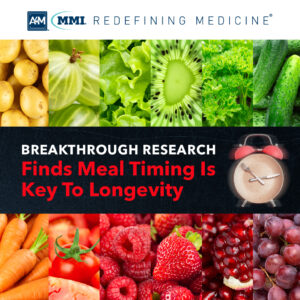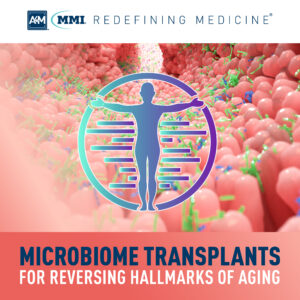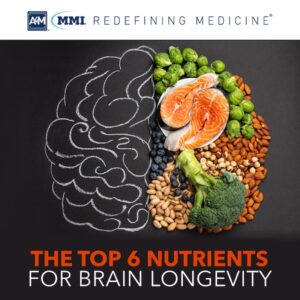Since its inception in 1992, A4M has been working toward a vision of a better future for physicians, patients, and the entire health sector. A4M will celebrate its 30th year of medical education innovation in just a few short days at the largest, most cutting-edge anti-aging event.
Our team looks forward to welcoming record-breaking numbers of attendees, visionaries, pioneers, and industry-leading brands in Las Vegas between December 8-11, 2022, at the Venetian Convention and Expo Center. Here are a few things you can expect at the biggest conference in A4M history, LongevityFest 2022: 30 Years Medicine Redefined:
Meaningful, Future-Focused Education
Faced with a growing aging population, countless health epidemics, and staff and supply shortages, the overburdened global healthcare system is at a breaking point – and so is population health. Conventional medicine was not designed to address long-term health and well-being, instead focusing on mitigating the acute symptoms of often chronic conditions. As the current standard of care disintegrates under mounting pressure, the longevity industry stands at the pinnacle of a revolution.
With this in mind, LongevityFest aims to bring together the industry’s brightest minds and voices to revolutionize how we approach the practice of medicine today. A jam-packed, expertly-curated agenda will highlight the latest and most impactful advancements in longevity medicine and protocols for future-focused, purpose-driven patient care. The conference will equip health professionals with clinical strategies that promote lasting health and longevity and the tools to harness new technologies to improve our collective health outcomes.
Innovations in Longevity Medicine
As the focal point of this event, longevity and health-span expansion are at the forefront of the robust conference agenda, which begins with three timely pre-conference workshops. Each workshop will investigate novel therapeutic approaches for longevity, including hyperbaric medicine, nitric oxide, and lifestyle-based hormone optimization.
The following three days of nonstop educational programming will deliver fresh, thought-provoking content focused on the latest innovations driving human longevity forward. From presentations about stress resilience, neuroinflammation, and immuno-rejuvenation to lectures on understanding cellular senescence and cellular stress responses, our world-class speakers will provide attendees with over 80 engaging sessions and a wide variety of perspectives, clinical insights, and protocols to improve human health- and lifespan.
This year’s stimulating open-concept exhibit hall will feature 500+ market-shaping companies presenting their innovative products, technologies, and services designed to assist practitioners in delivering the best whole-patient care possible.
A World-Class Panel of Experts
LongevityFest attendees will have the opportunity to hear from the most influential speakers in the industry about the hottest topics in longevity science and how to define a new vision for the future of health. The main stage of LongevityFest will host internationally acclaimed visionary Peter Diamandis, MD as its keynote speaker; the “Father of Functional Medicine” Jeffrey Bland, PhD, and famed gerontologist Ken Dychtwald, PhD, as special guest speakers; and Emmy award-winning speaker Clint Pulver as a motivational guest entertainer. In addition, over 75 world-renowned faculty members will deliver thought-provoking learning sessions, workshops, and discussions.
Unique Attractions and Anniversary Festivities
A celebration of longevity science and A4 M’s 30th anniversary, LongevityFest will feature an exclusive line-up of amusements, unique attendee experiences, activities around the conference venue, giveaways, and exceptional attractions for guaranteed festival-style fun. In addition, to welcome receptions and networking cocktail hours, guests cannot afford to miss the 30th Year Soirée – an evening of excitement, live entertainment, and connections made for a lifetime.
If you have not registered yet, do not miss your last chance to attend to LongevityFest 2022, taking place this coming Friday, December 9th! It’s the only place to be if you are interested in longevity medicine, increasing the lifespan, and the latest advancements in the field. Learn more or purchase your ticket by clicking here.













